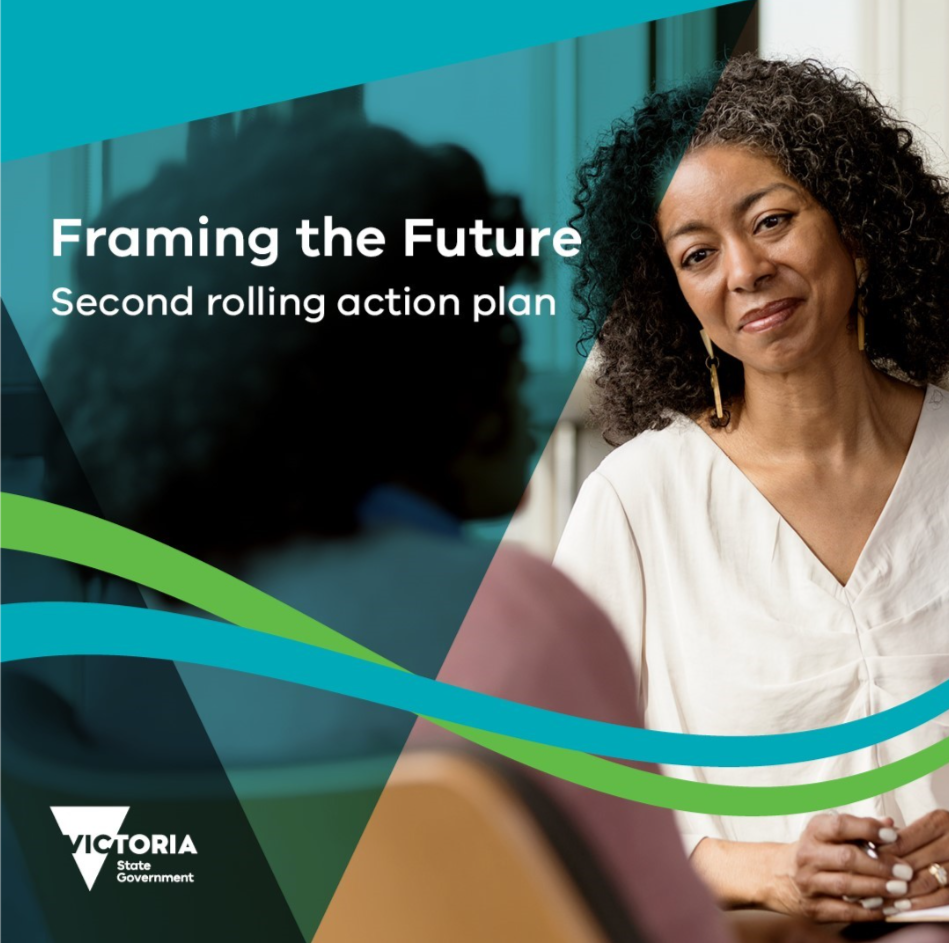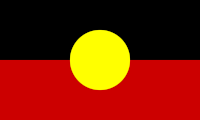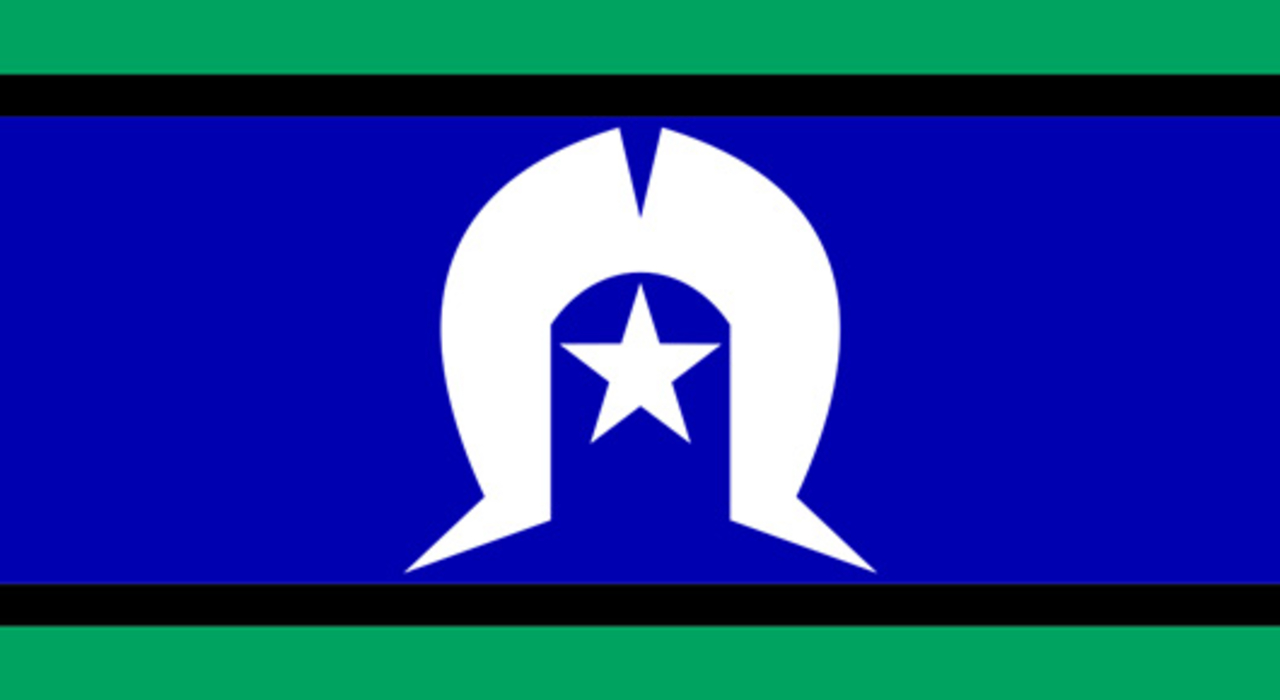The Exit Pathways Pilot Program by Haven Home Safe will be refunded in a 2nd round through to June 2026, and referrals are now open.
The purpose of this program is to improve access to safe accommodation for adult & child victim family violence survivors; to prevent further trauma resulting from extended periods in refuge, crisis accommodation or family violence transitional housing management due to being unable to transition into independently owned or rented accommodation
The program aims to reduce barriers to exit, through the provision of medium-term accommodation; to help to address system blockages and facilitating refuge and crisis accommodation flow through and to free up much needed refuge vacancies, creating opportunities for more victim survivors in need of a timely, life saving intervention.
For more information about the program and if you have any questions, please contact Have Home Safe at exitpathways@hhs.org.au.
You can download the Exit Pathways here.
MARAM Collaborative Practice Training – 2025 Calendar
NIFVS are delivering MARAM Collaborative Practice Training in 2025. You can find the training Calendar here.
NMR Groupwork Calendar Term 1, 2025 (PDF)
Each school term, the Northern Integrated Family Violence Services (NIFVS) partnership produces a calendar of family violence support groups run by organisations in the Northern Metropolitan Region.
Support groups include therapeutic groups for victim survivors, supported playgroups, parenting groups and perpetrator intervention programs, including in-language groups.
You can view and download the Term 1 Groupwork Calendar here.
If you would like to include your group on the calendar or would like further information please contact Valentina, Communications and Program Support Officer at Northern Integrated Family Violence Services at valentina.b@whin.org.au.
On Monday 28 October, NIFVS have delivered a session in partnership with inTouch, speaking to Using a cultural lens to strengthen the family violence response system.
The recording of the session is now available on Youtube.
As we missed the introduction of the session, the NIFVS partnership would like to acknowledge the Victorian Aboriginal people as the Traditional Owners of the land on which we provide our services – the Wurundjeri Woi-wurrung people of the Kulin nation – and pay our respect to their Elders past and present.
We acknowledge that Aboriginal sovereignty was never given up and that we stand on stolen land. We are committed to Aboriginal self-determination and to supporting Treaty and truth-telling processes. We recognise the ongoing leadership role of the Aboriginal community on gender equality and the health, safety and wellbeing of women and gender-diverse people. As First Peoples, Aboriginal Victorians are best placed to determine a culturally appropriate path to these in their communities.
Women’s Health in the North and the Northern Integrated Family Violence Services partnership are proud to collaborate with NJAC.
NJAC is an Aboriginal owned and managed business, offering a wide-range of services aimed at making it easier to do better.
NJAC run a range of unique, innovative, interactive and immersive training sessions and workshops tailored for our participants’ needs.
NJAC can support organisations and businesses to identify their cultural training needs and provide bespoke learning experiences.
NJAC’s modules include Truth-Telling, Advancing Reconciliation, Cultural Safety, Effective Allyship and Anti-Racism.
“The training was extremely powerful, the different methods were dynamic & effective, thought and feeling provoking- wouldn’t change a thing.”
Training Participant.

The last session for the year of the Lunch & Learn is coming up on Wednesday 27 November from 12pm – 1pm.
This session will be delivered by Ginette, Project Lead and Mandy, Senior Manager from OPEN: Outcomes, Practice and Evidence Network, a project by the Centre for Excellence in Child and Family Welfare, speaking to the Family Violence Sexual Violence Knowledge Hub.
Following a presentation, participants will have the opportunity engage in a Q&A to unpack how this applies to practice.
Registrations close on COB Tuesday 26 November.

In occasion of the 2024 MARAM and Information Sharing Week, NIFVS in partnership with inTouch are offering an online, 1-hour event on Monday 28 October from 11am to 12pm.
The session will be delivered by Asha, Lead Practitioner – Therapeutic Programs and Manjula Coordinator – Motivation for Change Program from inTouch who will speak to Using a cultural lens to strengthen the family violence response system.
Following a presentation, participants will have the opportunity engage in a Q&A.
NIFVS has produced a new resource to support practitioners: a list of postcodes and suburbs within the Northern Metropolitan Region.

Framing the Future, the second three-year rolling action plan under Building from strength: 10-Year Industry Plan for Family Violence Prevention and Response is now available online.
Framing the Future will continue to develop the specialisation of the family violence, primary prevention and sexual assault workforces through providing clearer education and training pathways, improving support for early career workers, creating more varied specialisation pathways as workers progress in their careers and improving options for experienced practitioners to move between service types.
The plan reflects strong collaboration with family violence and sexual assault peak bodies and employers as well as opportunities to connect shared workforce development opportunities and challenges across community services – this includes children and families, disability and housing and homelessness.
It addresses critical vacancies and building better career pathways, with a focus on retaining the workforce.
Framing the Future includes actions that apply to all parts of the specialist family violence and sexual assault workforce. Work under this plan will be delivered to meet the needs of different workforces in primary prevention, victim survivor response services and perpetrator services.
It covers four focus areas:
- growing the workforce – attracting and recruiting skilled workers when and where they are needed
- supporting strong organisations and workforce culture – making work in family violence and sexual assault services a career of choice
- building capability – ensuring workers understand how their roles support family violence and sexual assault prevention and response, and that they are equipped to perform these roles effectively
- building a system that works together – ensuring all workforces work together.
Framing the Future supports the implementation of our overarching strategy for the reform, Ending Family Violence: Victoria’s 10-year plan for change, and its third rolling action plan, which is due for release in 2024.
The Department of Families, Fairness and Housing has developed Best Practice Supervision Guidelines for the family violence, sexual assault and child wellbeing workforces.
Supervision is central to developing and sustaining the sectors’ workforces.
The Guidelines were developed in collaboration with the sectors and incorporate information from the Best Practice Supervision Information Sheets, published in 2023.
The Guidelines provide information on:
- Best practice approaches to supervision
- Recommended standards
- Roles and responsibilities
- The department is also producing a series of videos to support the Guidelines, which will be available in the coming months.
The Guidelines and videos are for use during individual, group or peer supervision sessions, staff induction, policy development and supervision training.
To get in touch with the Centre for Workforce Excellence, email: cwe@dffh.vic.gov.au.

